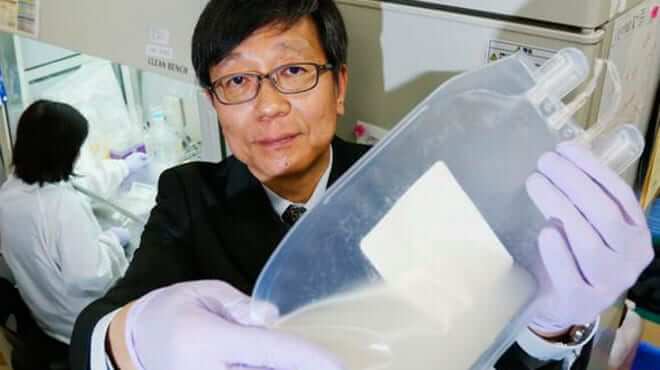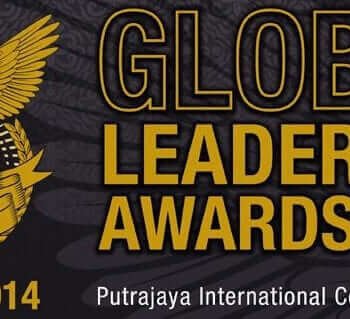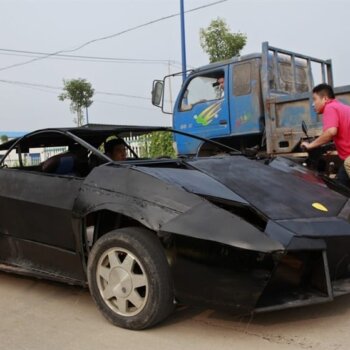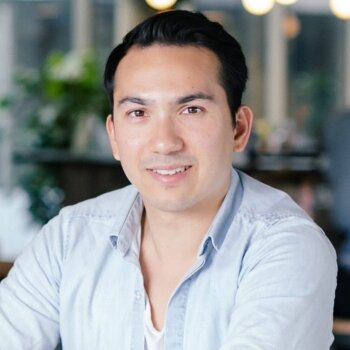Ever since Nobel Prize laureate Karl Landsteiner discovered the A, B and O blood types in 1900, doctors and hospitals have relied on donations to ensure they have enough blood on hand to perform surgery and other medical procedures. But falling populations mean a shrinking pool of blood donors, raising the possibility of severe shortages.
One possible solution would be to create large amounts of blood in vitro. A Japanese startup is working to make it happen.
One day in April, Genjiro Miwa, president of Megakaryon, stopped by the Kyoto University Hospital campus, where his company has a lab. Several people were working in the clean room.
“We have just finished. It looks OK,” said one staff member, handing Miwa a clear plastic bag. Inside were platelets produced in vitro from induced pluripotent stem (iPS) cells. Miwa smiled in satisfaction.
Miwa came across the idea of manufacturing blood in 2008, when he met Hiromistu Nakauchi, a friend from his high school days, at a class reunion. At that time, Nakauchi, a professor at the University of Tokyo, was working on producing platelets from iPS cells, together with Koji Eto, a professor at Kyoto University’s Center for iPS Cell Research and Application.
“Scientists are not always good at commercializing their research,” Nakauchi told Miwa at the reunion. “We need to involve someone from the business world. Otherwise Japan could lag behind foreign rivals in this area.”
Miwa was the ideal candidate. After working for a big Japanese chemical company for years, he went to the U.S. for graduate study. He also had a stint with a consultancy. Nakauchi’s enthusiasm persuaded Miwa to launch Megakaryon in 2011.
Miwa had other important supporters. Kazuo Matsunaga, another high school classmate, was serving as vice minister of economy, trade and industry. The three classmates talked about the prospects for a blood manufacturing business late into the night over drinks. They concluded that the quality of their research made it all the more important that they not lose out on the business end.
Using Matsunaga’s connections, Miwa was able to get funding from the Innovation Network Corp. of Japan, a public-private partnership that promotes innovative businesses.
Japanese research in regenerative medicine has drawn the attention of scientists around the world. Miwa is often quizzed by colleagues at international conferences. Megakaryon recently agreed to do joint research with Harvard University.
Miwa aims to start mass in vitro production of blood by 2020. At present, the company can only make a few units of blood every two weeks. In Japan alone, annual demand totals 800,000 units. Megakaryon is working with Japanese drugmakers and manufacturers of materials to create a mass-production system.
In vitro blood will be a boon to both wealthy countries and developing ones, Miwa said. It can reduce the risk of infection in places where a proper blood donation and screening system has yet to be established and the risky underground trade in blood is widespread.
“This will be really a big achievement,” Miwa said, “otherwise I wouldn’t head a business at my age.” The 64-year-old hopes his grandchildren will take pride in their grandfather creating supplies of life-giving blood that do not rely on donations.
_____________________________
About the Author
This article was produced by Grendz. Grendz is the definitive place for new mind-blowing technology trends, science breakthroughs and green and positive ideas and news. Sign up is Free and special services are available. see more.





























